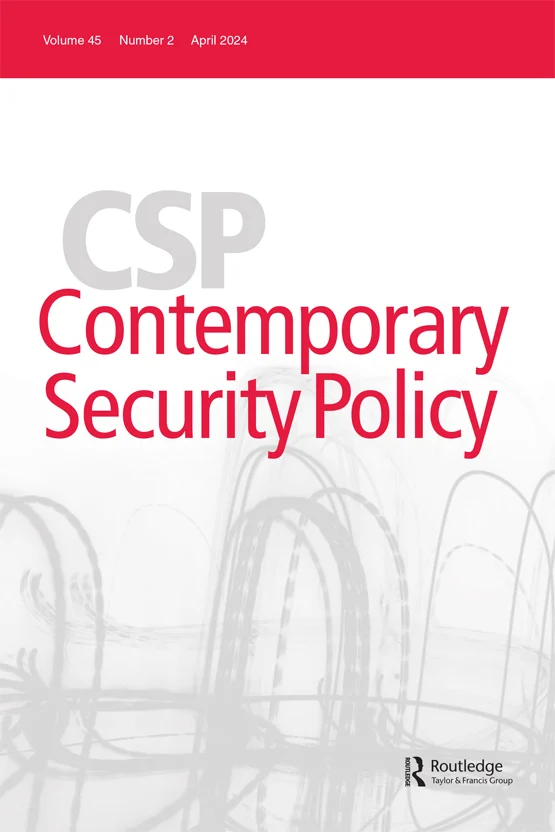War in the borderland through cyberspace: Limits of defending Ukraine through interstate cooperation
IF 5
1区 社会学
Q1 INTERNATIONAL RELATIONS
引用次数: 1
Abstract
ABSTRACT Prior to the onset of Russia’s invasion of Ukraine, experts predicted an extensive cyber conflict. However, to date the scale of known cyberattacks has been quite modest. Pundits suggest that Ukraine’s improved cyber defenses, which it developed through its close cooperation with Western partners, is one of the possible explanations for Russia’s limited cyber front. This article interrogates this claim, outlining two plausible reasons for the limited effectiveness of Ukraine’s cyber defenses in the Kremlin’s limited cyber front. First, despite an extensive outpouring of cyber knowledge and expertise from the West, Ukraine’s cyber capabilities are still organizationally and operationally underdeveloped. Second, limited fungibility of cyber capabilities complicates interoperability between any joint operations and diminishes the West’s willingness to share their time-limited cyber tools with Ukraine. By explaining the challenges of interstate cooperation in the cyber domain, this article contributes to the literature on the role of alliances in modern warfare.通过网络空间进行的边境战争:通过州际合作保卫乌克兰的局限性
摘要在俄罗斯入侵乌克兰之前,专家预测会发生广泛的网络冲突。然而,到目前为止,已知的网络攻击规模相当小。专家们认为,乌克兰通过与西方合作伙伴的密切合作,改进了网络防御,这是俄罗斯网络战线有限的可能解释之一。这篇文章质疑了这一说法,概述了乌克兰在克里姆林宫有限的网络战线上网络防御效果有限的两个合理原因。首先,尽管西方提供了大量的网络知识和专业知识,但乌克兰的网络能力在组织和操作上仍然不发达。其次,网络能力的可替代性有限,使任何联合行动之间的互操作性变得复杂,并削弱了西方与乌克兰共享其限时网络工具的意愿。通过解释网络领域国家间合作的挑战,本文有助于研究联盟在现代战争中的作用。
本文章由计算机程序翻译,如有差异,请以英文原文为准。
求助全文
约1分钟内获得全文
求助全文
来源期刊

Contemporary Security Policy
Multiple-
CiteScore
14.60
自引率
6.80%
发文量
22
期刊介绍:
One of the oldest peer-reviewed journals in international conflict and security, Contemporary Security Policy promotes theoretically-based research on policy problems of armed conflict, intervention and conflict resolution. Since it first appeared in 1980, CSP has established its unique place as a meeting ground for research at the nexus of theory and policy.
Spanning the gap between academic and policy approaches, CSP offers policy analysts a place to pursue fundamental issues, and academic writers a venue for addressing policy. Major fields of concern include:
War and armed conflict
Peacekeeping
Conflict resolution
Arms control and disarmament
Defense policy
Strategic culture
International institutions.
CSP is committed to a broad range of intellectual perspectives. Articles promote new analytical approaches, iconoclastic interpretations and previously overlooked perspectives. Its pages encourage novel contributions and outlooks, not particular methodologies or policy goals. Its geographical scope is worldwide and includes security challenges in Europe, Africa, the Middle-East and Asia. Authors are encouraged to examine established priorities in innovative ways and to apply traditional methods to new problems.
 求助内容:
求助内容: 应助结果提醒方式:
应助结果提醒方式:


